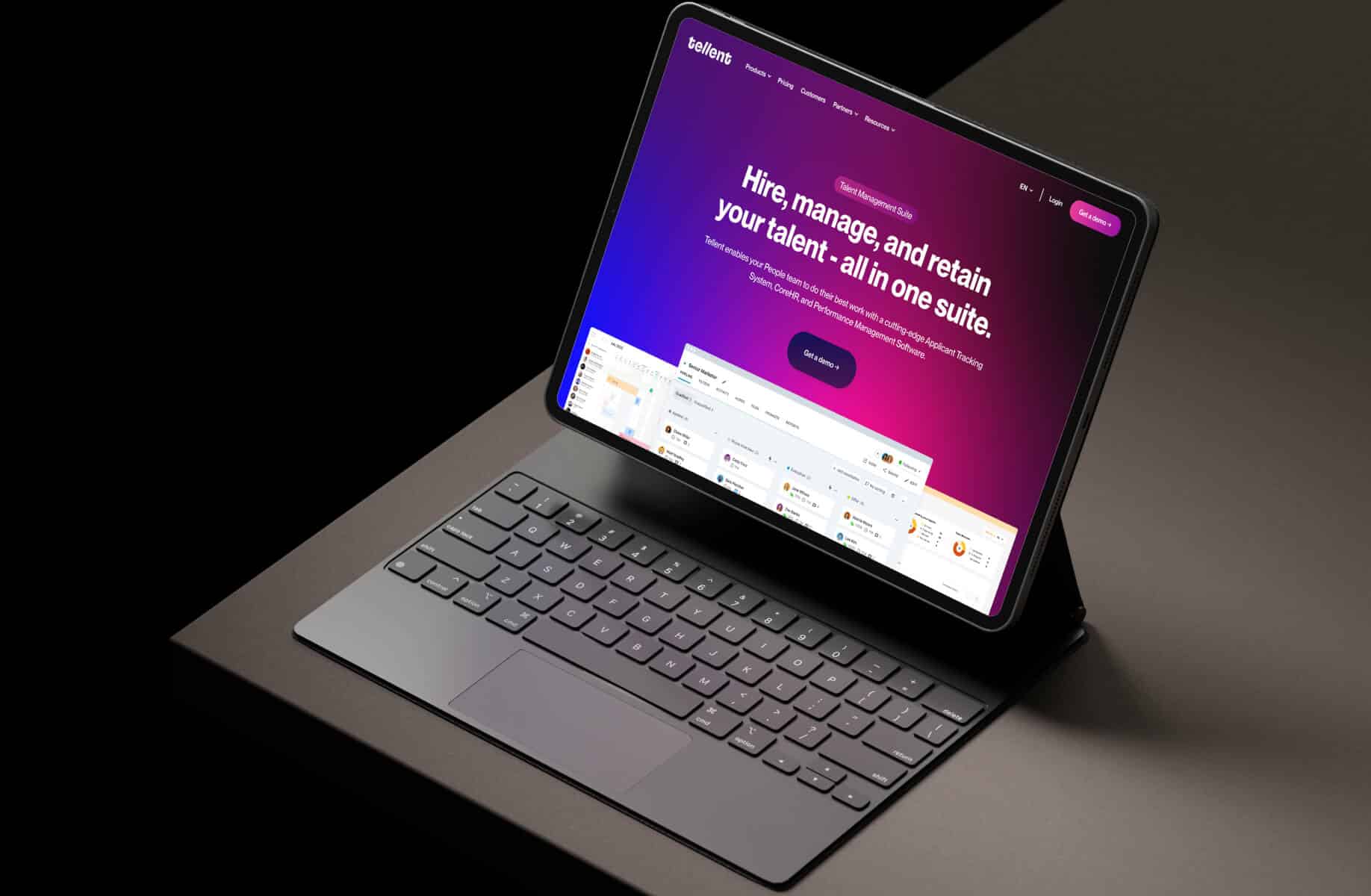The Counterintuitive Effects of Excessive Coffee on Productivity and Work-Life Balance

The Counterintuitive Effects of Excessive Coffee on Productivity and Work-Life Balance
In today’s fast-paced work environment, coffee is often seen as the elixir of productivity, a necessary start to the morning, and a vital pick-me-up throughout the day. However, reliance on excessive coffee consumption to manage daily tasks and workloads can have counterintuitive effects, diminishing returns on productivity and disrupting the delicate balance between work and life. This post explores how too much coffee might be doing more harm than good and suggests ways to maintain high productivity levels without overindulging.
The Initial Boost and the Inevitable Crash
Coffee, beloved for its ability to quickly jolt us awake, owes its energizing properties to caffeine, a stimulant that increases alertness and concentration. Initially, this boost can feel like a direct line to enhanced productivity, enabling us to tackle our workloads with increased vigor. However, the body’s response to caffeine is not linear; what goes up must come down. Excessive coffee consumption often leads to an energy crash, characterized by feelings of fatigue, irritability, and decreased cognitive function, which can hinder productivity more than the original cup of coffee helped.
Impacts on Health and Work-Life Balance
Beyond the immediate effects of caffeine on energy levels, excessive coffee consumption can have long-term impacts on health, such as increased anxiety, sleep disturbances, and digestive issues. These health problems can bleed into one’s work-life balance, making it difficult to fully disengage from work and enjoy personal time. Furthermore, relying on coffee to extend work hours can perpetuate a cycle of stress and burnout, as individuals push beyond their natural limits without adequate rest.
Finding Alternatives to Coffee for Sustained Energy
To maintain high productivity levels without the pitfalls of excessive coffee consumption, consider the following strategies:
- Hydration: Often, what feels like a need for caffeine is actually dehydration. Drinking water throughout the day can improve concentration and energy levels more sustainably than coffee.
- Balanced Diet: A diet rich in fruits, vegetables, whole grains, and lean proteins can provide longer-lasting energy. Incorporate foods with low glycemic indexes to avoid blood sugar spikes and crashes.
- Regular Breaks: Taking short, regular breaks throughout the workday can help maintain consistent energy levels. Techniques like the Pomodoro Technique encourage productivity while ensuring time for rest.
- Physical Activity: Incorporating regular exercise into your routine can improve overall energy levels and reduce the need for caffeine. Even short walks during the day can boost alertness.
- Quality Sleep: Prioritizing sleep is crucial for productivity. Establish a regular sleep schedule and create a bedtime routine that promotes relaxation and prepares the body for rest.
Conclusion
While coffee can be a useful tool for managing energy levels and enhancing productivity, excessive consumption can lead to diminishing returns, negatively impacting health, productivity, and work-life balance. By exploring alternative strategies for maintaining energy and focus, individuals can achieve a more sustainable and balanced approach to work and personal life. Remember, moderation is key, and what we consume to boost productivity should not become a crutch that ultimately hinders our performance and well-being.
